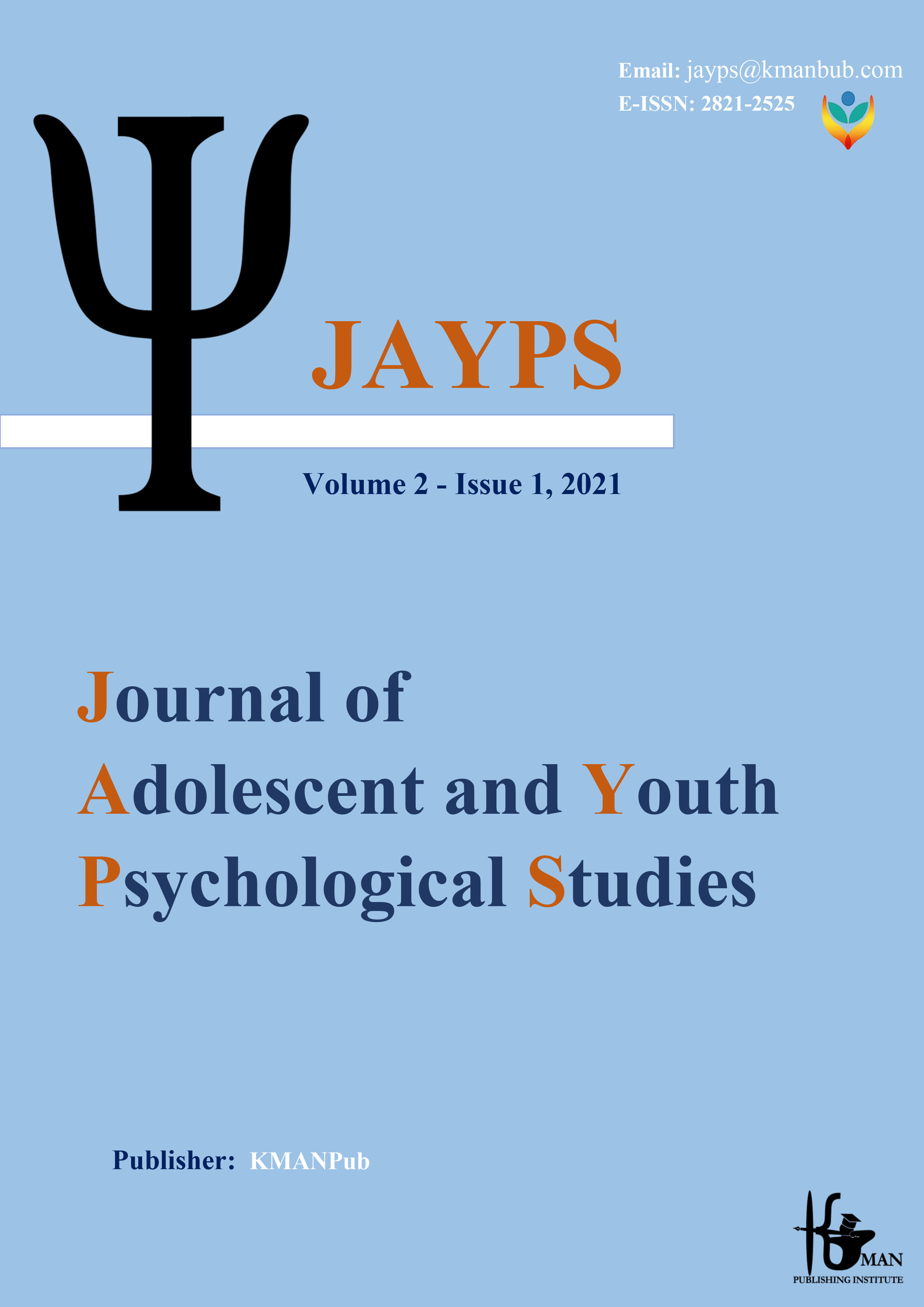Designing a Model and Validate Learning Strategies and its Effect on Students' Self-Actualization
Keywords:
Learning Strategies, Pattern, Self-Prosperity, High School StudentsAbstract
Background and Aim: In order to achieve a valuable and meaningful life, a person must achieve self-actualization, and self-actualization is the highest human desire that can lead to life satisfaction. The aim of this study was to design a model and validate learning strategies and its effect on students' Self-actualization. Method: Research method was applied, in terms of purpose, in terms of research time, it was cross-sectional; Depending on the data type, it was mixed (qualitative-quantitative) method; Depending on the method of data collection or the nature and method of research it was descriptive-correlation. The statistical population in this study included experts and university professors (male-female) in 1400 who were selected by purposive non-random method. The second group of the statistical population of this study in a small part included the male students of the second year of high school in Tehran, in 1400. To determine the sample size, a small part of Cochran's formula was used, which was selected for further generalizability and prevention of loss in a sample of 300 people. Multi-stage cluster sampling method was also used to select the samples. The research tool was semi-structured in the qualitative part of the interviews and in the quantitative part was the researcher-made questionnaire and the self-fulfillment questionnaire of Jones and Crandell (1986). The validity and reliability of the instruments were evaluated and confirmed. The method of data analysis in the qualitative part of the theoretical coding was taken from the method of data theory of the foundation. In the quantitative part, according to the research questions, descriptive statistics methods (percentage, frequency, tables, shapes and graphs, mean, standard deviation, skewness and elongation) and inferential (tests such as Pearson correlation, confirmatory factor analysis, equations) Structural) using SPSS-v21, Smart Pls-v2 and Lisrel-v8 software. Results: The results showed that out of 47 available indicators (items), 7 main components can be identified. Accordingly, it was found that the components of iteration strategy, expansion strategy, organizational strategy, evaluation strategy, cognitive strategies and components of planning strategy, monitoring strategy, regulatory strategy are part of metacognitive strategies. Based on this, a model was designed that had a good reputation. Conclusion: The results also showed that cognitive and metacognitive strategies have a significant effect on students' self-fulfillment
Downloads
Downloads
Published
Submitted
Revised
Accepted
Issue
Section
License

This work is licensed under a Creative Commons Attribution-NonCommercial 4.0 International License.









